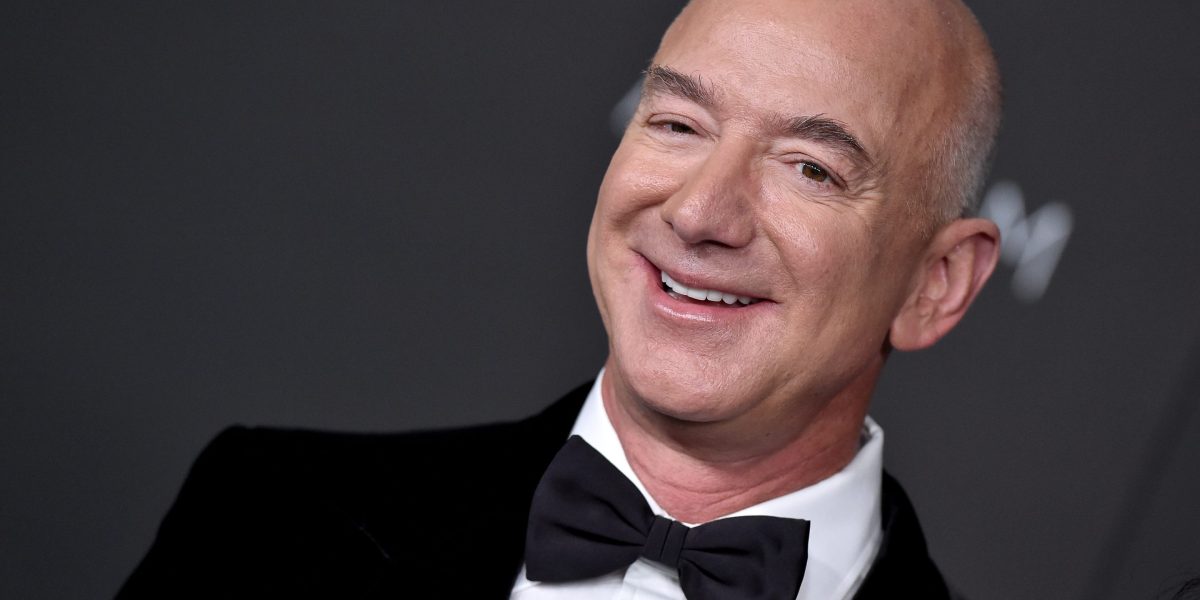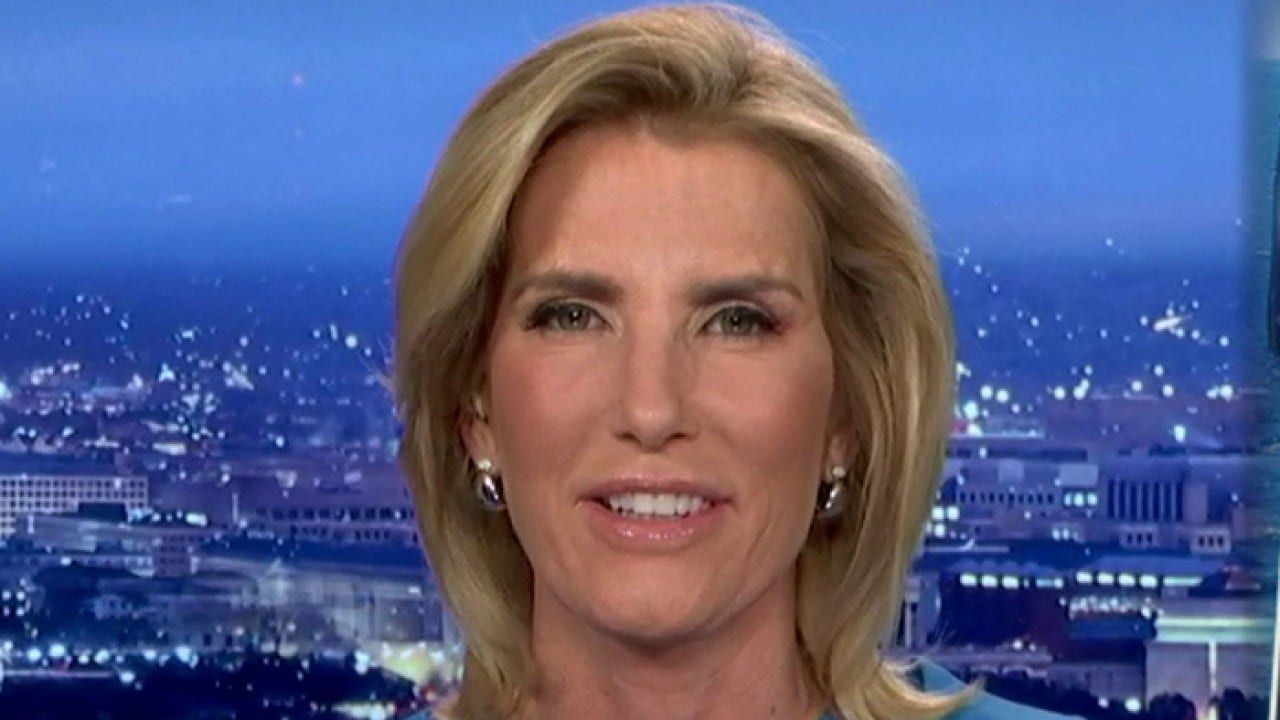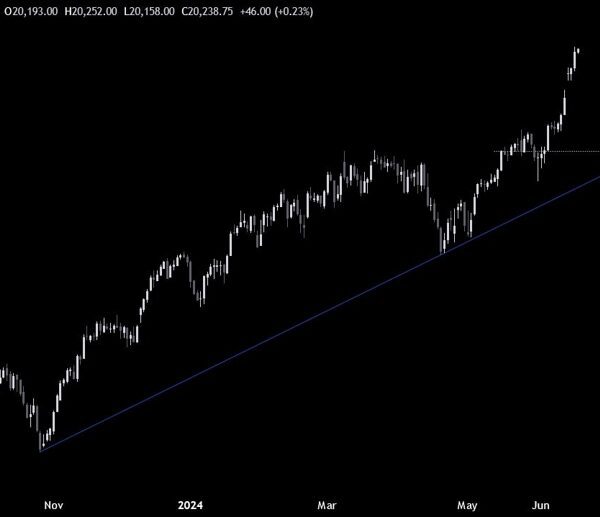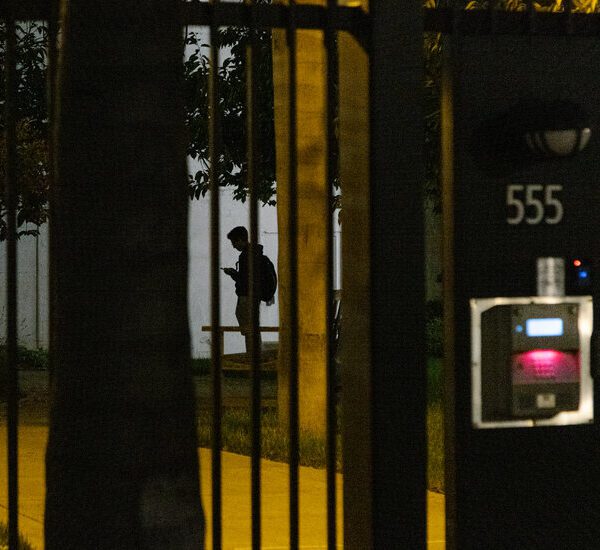

Back in the 90s, Jeff Bezos went on record as hoping his employees would wake up on the wrong side of the bed—for the greater good, or for the customer at the very least.
Today marks the anniversary of when the former online bookstore went public in 1997 with an original IPO price of $18 per share, catapulting Bezos into millionaire status almost immediately. Now, Amazon shares are going for $185.99 each as of market close, Bezos is worth more than $200 billion, and the company sells almost everything under the sun (including, but really not limited, to books).
A quarter of a century ago, in 1999, when Bezos was CEO, he revealed his nascent hard-line leadership strategy with CNET’s Wendy Walsh. Two years after Amazon first went public, Bezos was already a billionaire, sharing his take on what built his booming e-commerce business. Praising his employees for being “the hardest working, most talented, most passionate, most customer-focused,” group of people, Bezos really hammered home the customer-service part.
Taking it a step further than satisfaction guaranteed, he seemingly suggested that if workers aren’t waking up in abject fear of disturbing their customer base, then they’re doing it wrong. “I asked everyone around here to wake up terrified every morning, their sheets drenched in sweat,” he said. The purported goal was not to have a dehydrated Silicon Valley office staff, but to ensure that no one rests on their laurels.
Of course, he implored employees “to be very precise about what it is they’re afraid of,” instead of waking up in wet sheets for the sake of it, presumably.
“They shouldn’t be afraid of our competitors; they should be afraid of our customers because those are the folks we have a relationship with,” Bezos said. “Those are the folks who send us money,” he added.
In the interview, Bezos noted that things could always change on a dime for Amazon.com. Recognizing that the company wasn’t long-lasting yet, it could “still lose our whole opportunity to make that little bit of history” if they don’t “focus obsessively on the customer.”
Bezos’ fixation on his clients is not unlike an unrequited crush, fueled by the knowledge of the other playing hard to get or being temperamental. “I believe that our customers are loyal to us right up until the second that somebody else offers them better service,” he said. Even the current Amazon CEO Andy Jassy has spoken about Bezos’ demands of his workers.
“Watching Jeff, I have never seen anybody with higher standards,” Jassy said at Fortune’s World Economic Forum in Davos this year.
This esteeming of the customer appears to come at a price, or at least some controversy. Some workers have called Bezos and Amazon out for harsh conditions. Bezos’ mindset has since come under fire as his company and net worth grew. In 2015, the New York Times released an explosive feature regarding the high standards at Amazon which included, at times, working past midnight, a tense company culture, and simply a lack of work-life balance for the sake of a high salary and belief in the mission.
Years later, in 2023, three Amazon drivers filed a class action lawsuit against the company as they claimed they went through “inhumane conditions” and were unable to stop work in order to use the bathroom. Issues continue within the warehouses, as The U.S. Department of Labor announced in the same year that the Occupational Safety and Health Administration found workers were exposed to hazardous conditions.
“They’re more concerned about profit,” Michael Verrastro, a former Amazon warehouse worker, told The Guardian in regards to employee safety.
In Bezos’ words, they’re concerned about the customer.
Amazon did not immediately respond to requests for comment.















